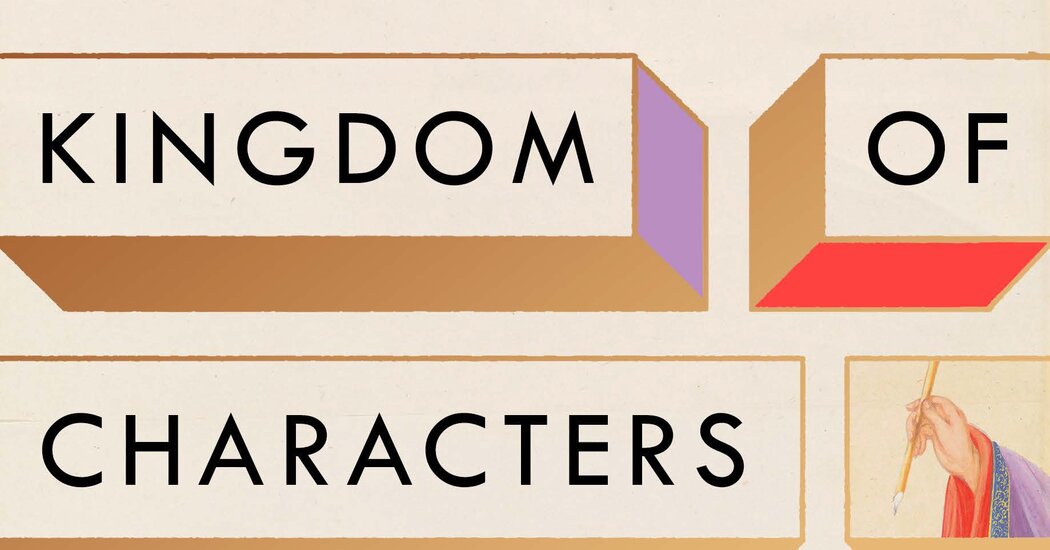Subscribe: Apple Podcasts | Spotify | Stitcher | How to Listen
Jing Tsu’s new book, “Kingdom of Characters,” is about the long and concerted efforts made by linguists, activists and others to adapt Chinese writing to the modern world, so that it could be used in everything from typewriters and telegraphs to artificial intelligence and automation. On this week’s podcast, Tsu talks about that revolution, from its roots to the present day.
“The story of the Chinese script revolution and how it came to modernize is really a story about China and the West,” she says. “Because without the Jesuit missionaries first coming to China in the 16th century, and trying to understand what the Chinese language was — the Chinese didn’t really see their language any differently than the way they’ve always seen it. So what happened was, as these Western technologies came in, along with imperialism and colonial dominance, China had to confront that it had to either play the game or be completely shut out. So this again was a long process, an arduous process, of how to get itself into the infrastructure of global communication technology.”
Kathryn Schulz visits the podcast to talk about “Lost and Found,” her new memoir about losing her father and falling in love.
“It is, I think, the closest I could come to the book I wanted to write,” Schulz says. “The gap between what you want to do and what you are able to do is always enormous, and the struggle for writers is to close it to the best of your abilities. But kind of unusually for me, I did have a very clear sense of this book from the beginning.”
Also on this week’s episode, Elizabeth Harris has news from the publishing world; and Gregory Cowles and John Williams talk about what they’ve been reading. Pamela Paul is the host.
Here are the books discussed in this week’s “What We’re Reading”:
-
“Small Things Like These” by Claire Keegan
-
“2666” by Roberto Bolaño
-
“The Anomaly” by Hervé Le Tellier
We would love to hear your thoughts about this episode, and about the Book Review’s podcast in general. You can send them to books@nytimes.com.


























